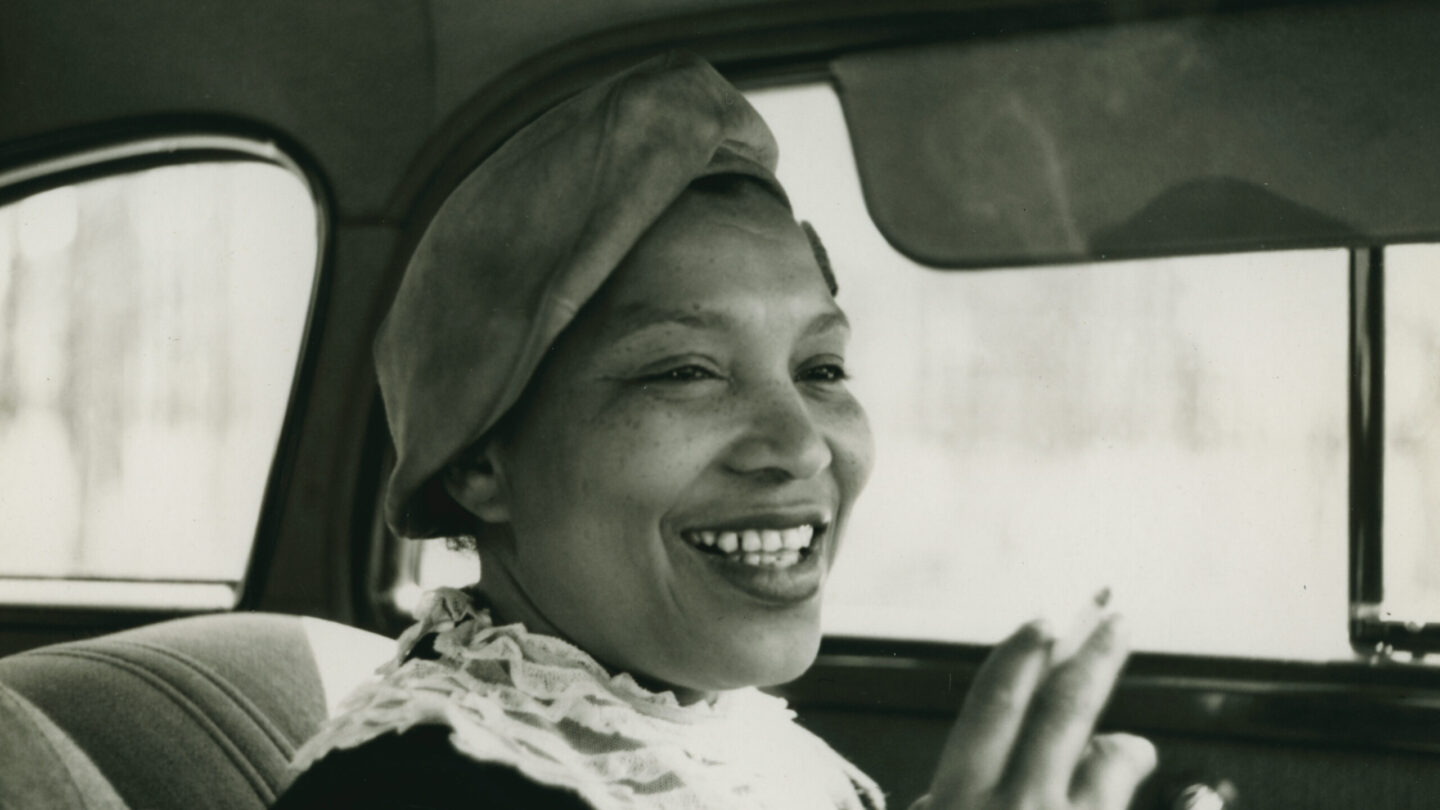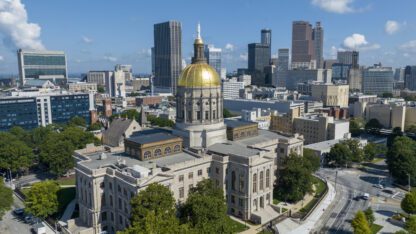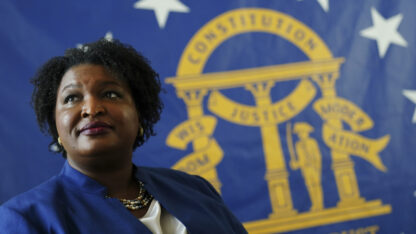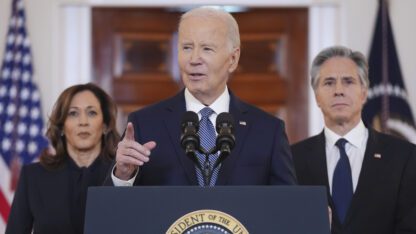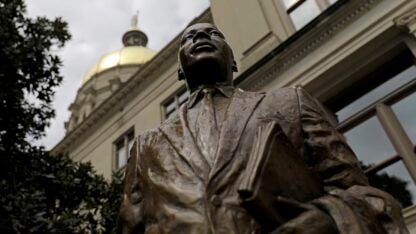The life, writings and mind of Zora Neale Hurston, celebrated author of “Their Eyes Were Watching God,” is the subject of a new documentary premiering Jan. 17 as part of the PBS series “American Experience.” “Zora Neale Hurston: Claiming a Space” explores the author’s trailblazing fiction, as well as her important contributions to the field of cultural anthropology, which were as extraordinary in her time as they remain today.
The documentary’s writer, director, and producer Tracy Heather Strain joined “City Lights” host Lois Reitzes via Zoom to talk about the process of documenting Hurston’s accomplishments and struggles in studying human culture.
Interview highlights:
How Hurston’s fascination with human life and storytelling began early:
“One of the things that’s really important to know about Zora Neale Hurston is that she was raised in Eatonville, Florida, which was considered one of the first all-Black incorporated towns in the United States,” said Strain. “Until she was 13, she was in an exciting environment that, I wouldn’t say it was free of racism, but she saw a range of people, Black people, managing their own lives and affairs, primarily.”
She continued, “As a child, she was particularly drawn to the general store porch. Joe Clark’s store was the general store, and people would come to the store and sit on the porch and tell stories…she would understand things about their lives. She tried to stay there as much as possible, because, for some reason, she was innately drawn to these stories… It’s an integral part of Zora Neale Hurston’s story, because the porch and Eatonville resurfaced throughout her life in her ethnographic work and in her literature.”
On the challenge of objectively studying communities to which one belongs:
“Zora Neale Hurston faced something that today’s Black anthropologists and probably other non-white people face, is that when they want to study people like themselves, it’s often perceived that they can’t have objectivity. The term is called being a ‘native anthropologist.’ This is a discipline that was started at a time when people were looking at the ‘other.’ White Westerners were traveling around the world looking at other people, studying their ways and trying to categorize them into hierarchies, obviously with white, Western civilization being perceived as at the top of the hierarchy.”
“[Hurston] realized that some of the techniques she learned… were not the appropriate techniques to get people, that she knew had lots of stories and folklore to share, to give it up. She called this resistance that she faced, and others faced, ‘featherbed resistance,’ because African-Americans were basically primed to give people what they wanted to hear. They were polite. They weren’t going to give up the good stuff, so to speak. And so Zora Neal Hurston faced this herself when she took her first trip South to collect folklore. The next time she went, she had a different approach, which was to become more of an insider to gain trust. She shared as well as took, she made friends with people, but still, she was taking careful notes and documenting things and taking photographs.”
Hurston’s feat of earning a Guggenheim Fellowship, despite pushback:
“She applies to the Guggenheim Foundation, and like most recommendations, it’s secret, but we get to see what [anthropologist Franz Boas] and others wrote, and he basically suggested that, to paraphrase… she was journalistic, and she wasn’t Guggenheim material, in short. Basically, she felt she was betrayed, in some ways, by people in her office, and it’s unclear if it was definitely because she did not have a PhD that they didn’t do it, or there was something else going there. It’s hard to think that even though Boaz was known as an anti-racist, that there wasn’t still some kind of bias.”
“When she applies the second time for the Guggenheim, it’s so interesting that she does not ask Franz Boas or Elizabeth Benedict to write recommendations. The only anthropologist she asks the second time is Melville Herskovits, who had been a researcher at Columbia when she was there,” said Strain. “She ends up getting a Guggenheim [Fellowship] the second time, which was so exciting. And then by that time, she also had decided that she was so frustrated with the academy, and in some aspects of institutionalized anthropology, that when she applies the second time, she doesn’t put anthropology down as her field of discipline. She puts down literary science. I see that as her own recognition that ‘what I’m here to do is meld ethnographic research with literature,’ and then we get ‘Their Eyes Were Watching God,’ which is a perfect example of the blend.”
“Zora Neale Hurston: Claiming a Space” premieres Jan. 17 at www.pbs.org/wgbh/americanexperience/films/zora-neale-hurston-claiming-space.
